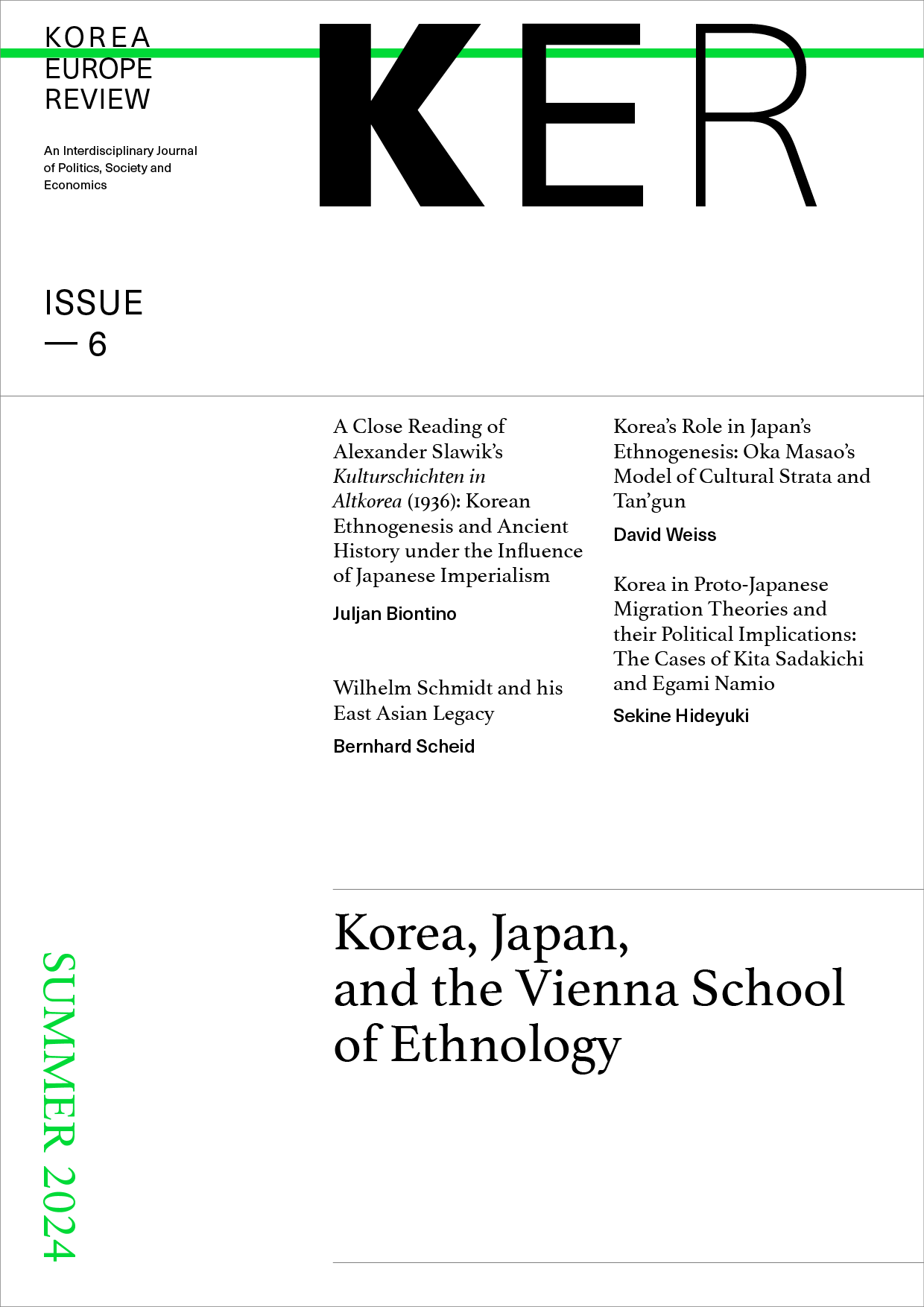Against Over-Reliance on Military Power
Can Game Theory Provide Rational and Realistic Security Strategies for Europe and East Asia?
DOI:
https://doi.org/10.48770/ker.2024.no6.45Keywords:
conflict resolution, game theory, military power, bargaining failures, North Korea, Peace StudiesAbstract
This article examines the shift in diplomatic strategies following the onset of the second Cold War, where military power has re-emerged as the primary means of ensuring security. It challenges the prevailing view that conflicts are primarily caused by malevolent actors and argues against the reliance on military might for conflict resolution. Instead, the article advocates for focusing on preventing bargaining failures and overconfidence in negotiation positions. Utilizing game theory, the article highlights the deficiencies in oversimplified conflict paradigms and suggests that allies of hegemonic powers should engage in independent dialogue with perceived threats. Through simplified game models and empirical evidence, the article challenges the logic of hegemonic enforcement and power-based norm negotiation, proposing alternative frameworks for achieving peace and security.
References

Downloads
Published
Issue
Section
License
Copyright (c) 2024 Timo Kivimäki

This work is licensed under a Creative Commons Attribution 4.0 International License.


